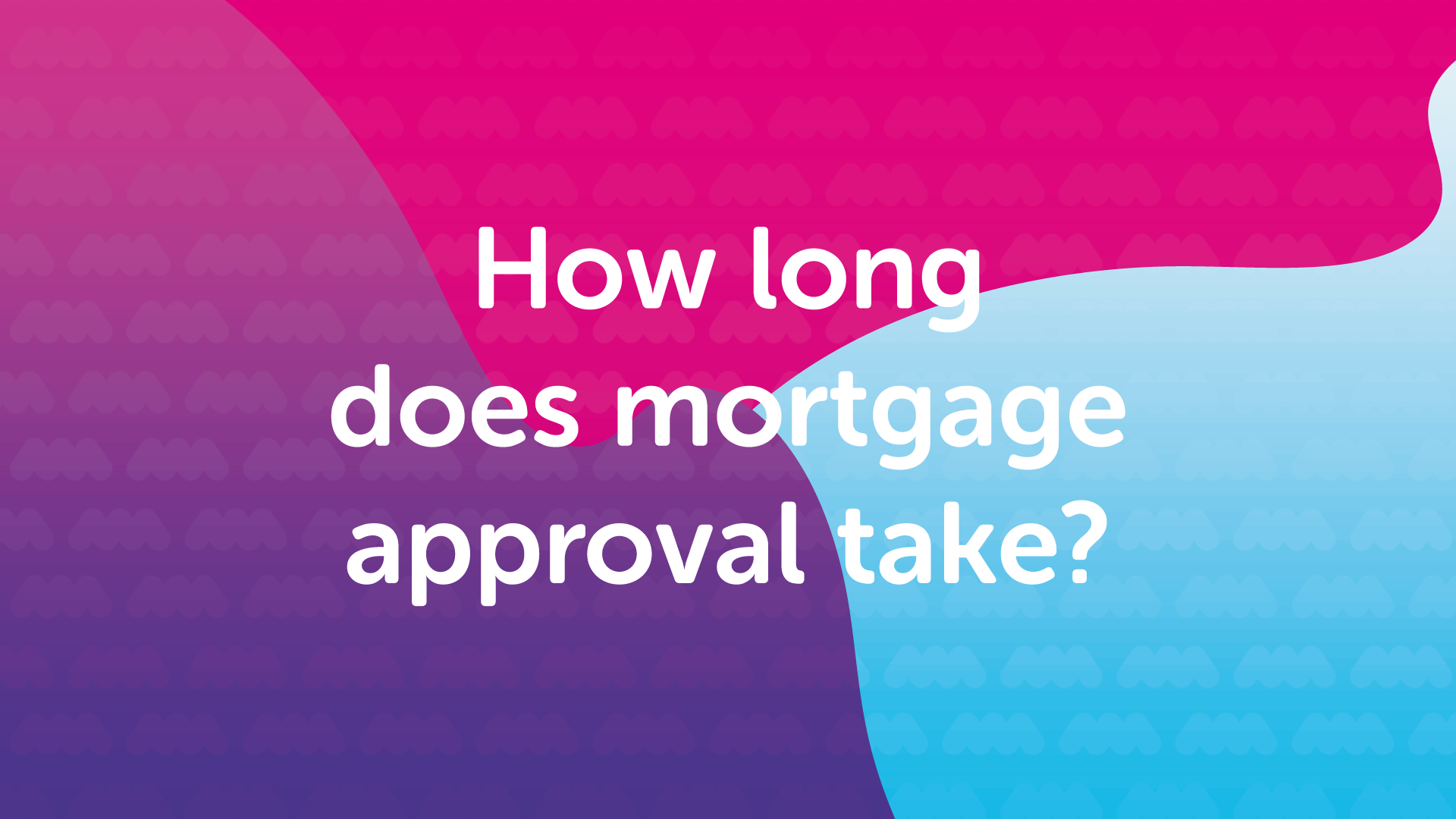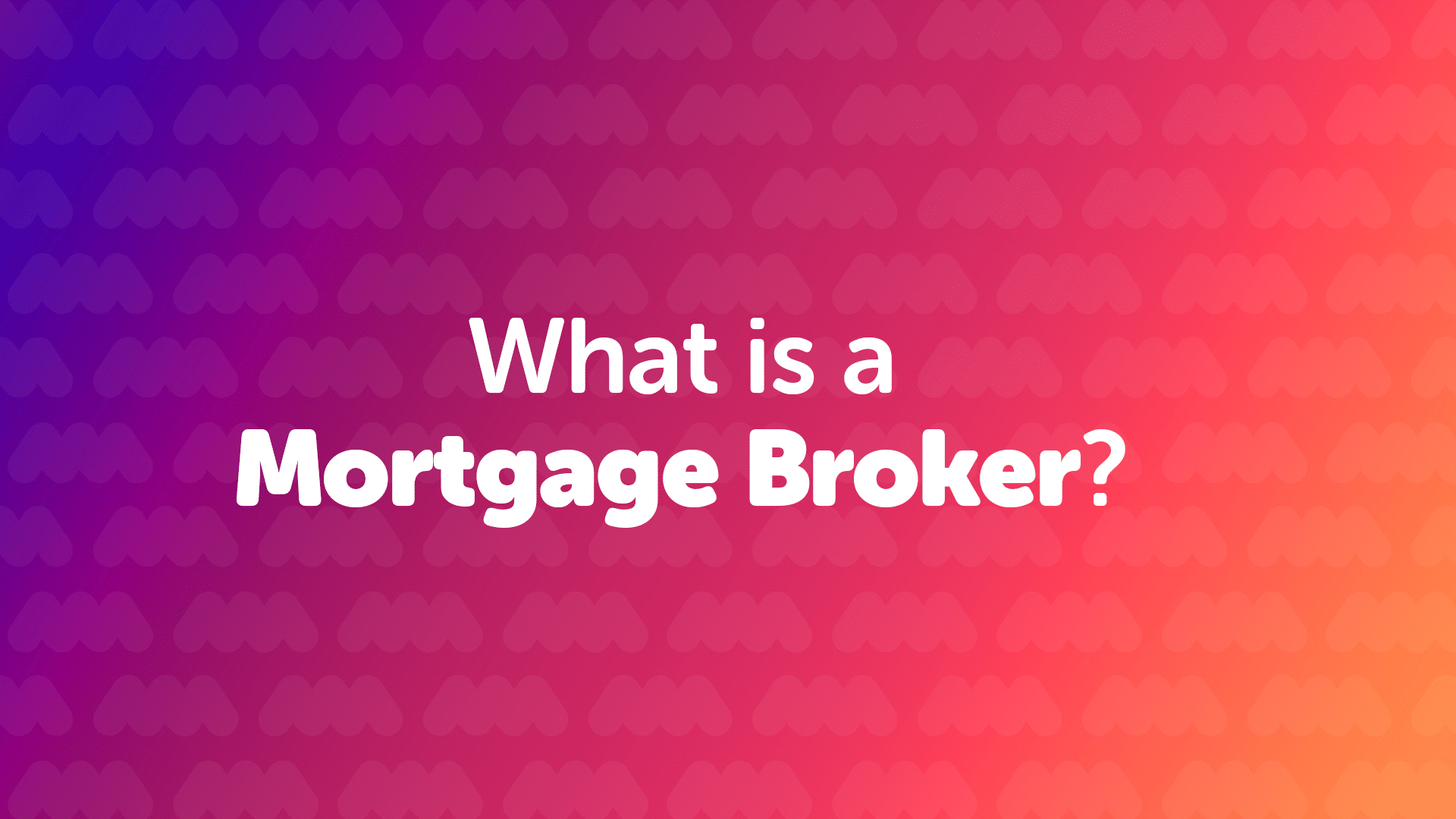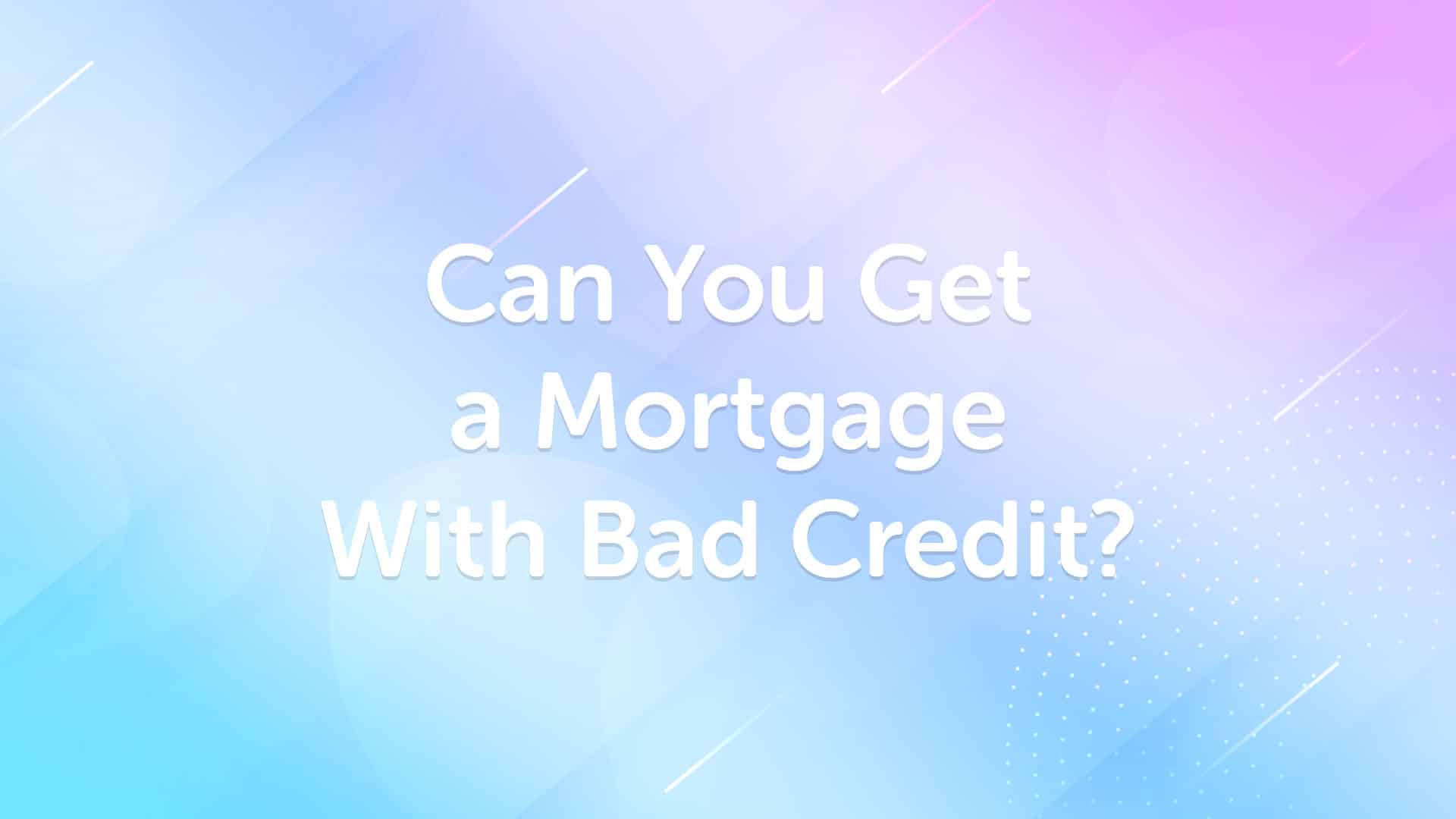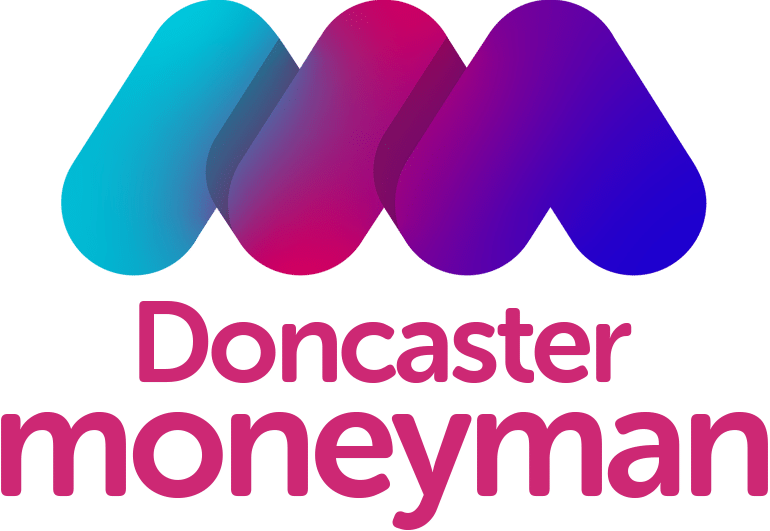Mortgage Advice in Doncaster
Whether you are a first time buyer in Doncaster looking to buy a property, moving house in Doncaster, or are ready to remortgage in Doncaster, you’ll soon begin to realise there are many options out there for you when it comes to taking out your mortgage.
This article will feature a comprehensive list of the most popular mortgages available to customers currently on the mortgage market.
If you have any questions regarding any of the mortgage options below, please do not hesitate to get in touch. You can now book yourself in for a free mortgage appointment to speak with a dedicated mortgage advisor in Doncaster, at a time that suits you and your lifestyle.
What is a fixed rate Mortgage?
A fixed-rate mortgage will mean that your monthly mortgage payments will stay the same for the duration of your mortgage term.
The length you want to fix your payments is your choice, with typical options being around 2, 3 or 5 years or longer.
No matter what happens to inflation, interest rates or the nationwide economy, you know that your mortgage payment, which is usually your single biggest outgoing, will not change.
What is a tracker mortgage?
A tracker mortgage will provide you with an interest rate that mimics the Bank of England’s base rate.
That means neither you nor the mortgage lender will set the rate and change as and when the base rate does.
You will be paying back at a percentage that is above the Bank of England base rate. If we use this in an example, the base rate is 1%, and you are tracking at 1% above the base rate, which means you will be paying back your interest rate of 2%.
Even though these deals aren’t as popular anymore, consider that your mortgage payments will increase if the base rate increases. If it goes down, yours will go down too. Of course, this will benefit you.
What is a repayment mortgage?
When you take out a repayment mortgage, you will be paying back a combination of both the interest and capital each month.
Going off the basis that you can keep your payments going for the mortgage term duration, you will be guaranteed to have paid it off in full and own the home of your dreams by the end of it.
That said, this is generally considered the most risk-free way to pay your capital back to the mortgage lender across the industry. Early in your term, the amount you’ll be paying will be mostly the interest, with your balance reducing at a slower rate, especially if your period is 25, 30 or 35-years.
The process quickens up within the last ten years or so of your mortgage, where you will be paying back more capital than interest, with the balance reducing at a far quicker rate.
What is an interest only mortgage?
While we do still regularly encounter many buy to let mortgages being set up on an interest-only basis (this is an option that works out much better for many landlords), it is increasingly difficult to get a residential property on an interest-only basis mortgage.
The reason for this is because once you reach the end of your term, you will still have the entire mortgage amount to pay off all in one go, with no additional income to fund the amount you’re required to pay.
There are various unique circumstances where this can be a suitable option for customers, including downsizing when you are older or if you happen to have other investments you can use to pay back the capital.
Lenders are often stringent when offering these products now, and the loan to values tend to be much lower than they were in previous years.
What is an offset Mortgage?
The way an offset mortgage works is that your mortgage lender will set you up with a savings account that will work in tandem with your mortgage account.
For example, let’s say that you have a mortgage balance of £100,000 and you deposit £20,000 into your savings account, you will only be paying interest on the difference between those figures, which would work out at £80,000.
This can be a very efficient way of managing your finances, especially if you want to be paying higher rates of tax.
What is a capped rate mortgage?
Like fixed-rate mortgages, capped rates have a maximum amount that a customer will pay each month with a maximum interest rate. With that in mind, if you’re capped at, say, 5%, you’ll never go higher than 5%.
These can be more beneficial if interest rates start to drop, so, for example, if the rates drop to 4%, 3% or 2%, then your mortgage will do the same.
What is a flexible mortgage?
Flexible mortgages allow you to underpay and overpay by unlimited amounts. Underpayments are only allowed if you’ve overpaid first and have agreed with a lender to do so.
Overpayments can be reasonably beneficial, though, as you could end up paying off the mortgage early and with significantly less interest. Mortgage flexibility is usually a feature of offset mortgages in Doncaster.
Date Last Edited: December 6, 2023














